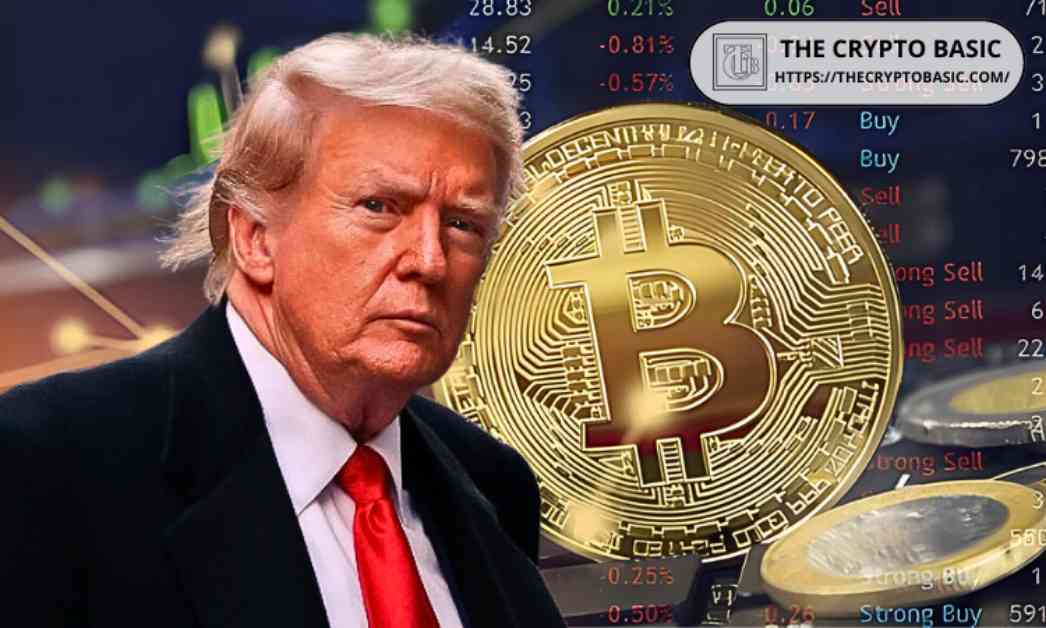Former US President and GOP nominee, Donald Trump, recently made a statement that Bitcoin does not pose a threat to the US dollar. This has generated a sense of optimism within the community regarding the mainstream acceptance of the cryptocurrency. Many investors view Bitcoin as a hedge against inflation, especially with the current economic challenges faced by fiat currencies.
Leading up to the US Presidential elections, various campaigns by candidates have been circulating on social media platforms, with a focus on cryptocurrencies like Bitcoin. Trump’s remarks at the Bitcoin Conference 2024 have resurfaced, where he emphasized that Bitcoin does not endanger the dollar, contrary to the beliefs of some policymakers.
In recent years, global authorities have criticized Bitcoin for its impact on fiscal policies and the flow of investments internationally. This has led to the development of Central Bank Digital Currencies (CBDCs) in different regions. The increasing popularity of Bitcoin and the growth of decentralized finance (DeFi) have unsettled central banks, prompting many investors to move away from traditional fiat currencies.
Trump specifically pointed out that it is the actions of the current US government, such as increased spending, inflation, and a growing national debt, that pose a threat to the dollar. Consequently, many cryptocurrency enthusiasts have turned to Bitcoin as a means to safeguard the value of their assets.
US billionaire, Paul Tudor, recently expressed his belief that inflation is inevitable and disclosed his decision to invest in Bitcoin and gold as a safeguard. In a separate development, Trump indicated that if he were to win the upcoming elections, he would dismiss Gary Gensler, the chairman of the Securities and Exchange Commission (SEC).
Gensler’s regulatory decisions have drawn criticism from the crypto community, as they have created uncertainty and pushed developers to seek more favorable regulatory environments in other countries. The lack of clear regulations in the US has resulted in the migration of participants to Europe, where the Markets in Crypto Assets (MiCA) rules have been praised by industry leaders.
Additionally, the SEC under Gensler’s leadership has initiated numerous lawsuits against US-based firms and project leaders, leading to market apprehension and a decline in asset prices. This regulatory environment stifles investment in the sector and limits its growth potential.
It is important to note that the information provided is for educational purposes only and should not be construed as financial advice. Readers are encouraged to conduct their own research before making any investment decisions. The opinions expressed in this article are those of the author and do not necessarily reflect the views of The Crypto Basic.

